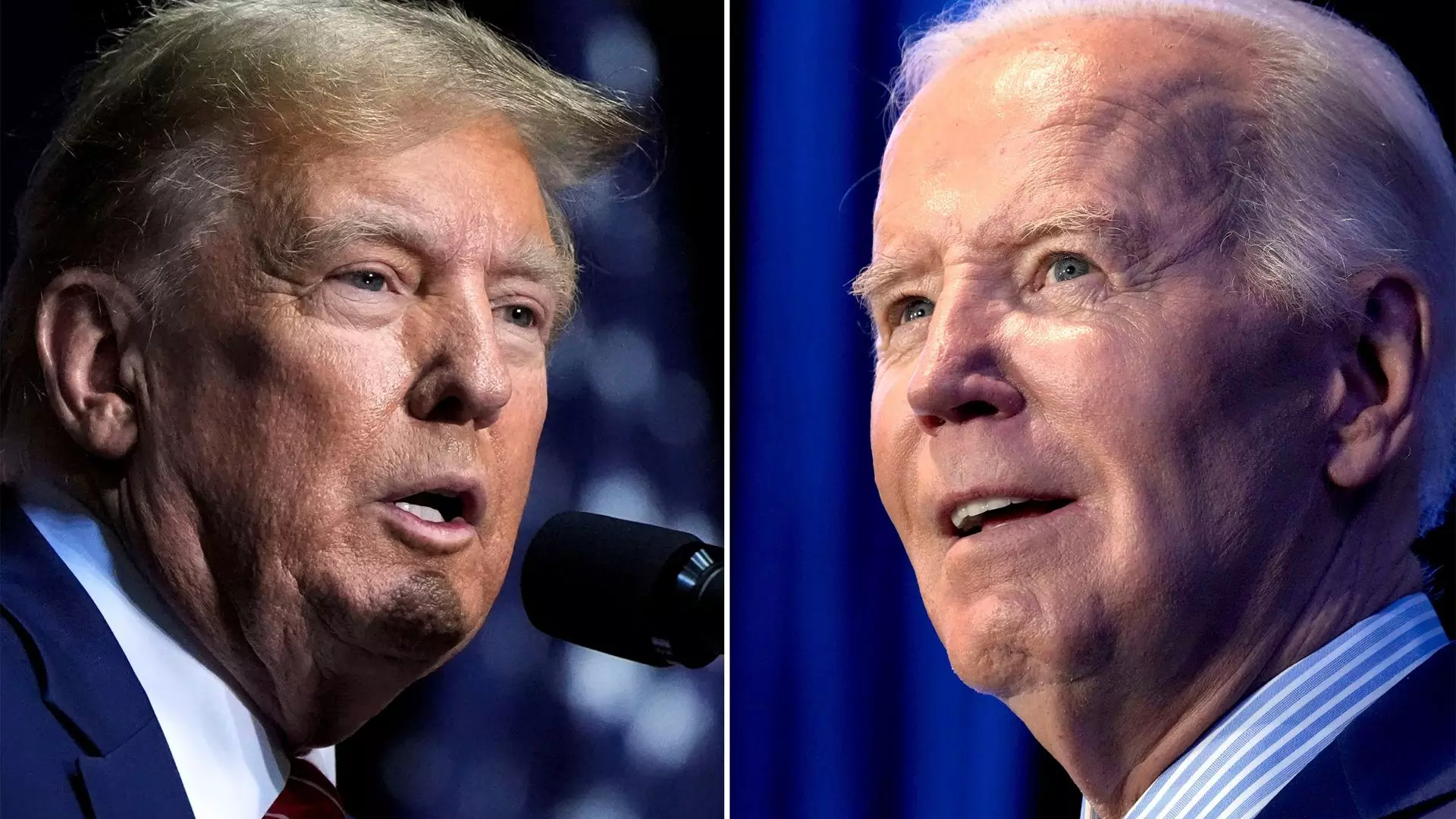The Most Successful ‘Hillbilly’ in Human History*
(Russia) on 16 July 2024
by Gleb Kuznetsov (link to original)
J.D. Vance, Donald Trump's vice-presidential candidate, is quite an interesting character.
I think Trump has named Sen. J.D. Vance as his running mate not because Vance “represents the Rust Belt” (it is already all in for Trump), but because, after the assassination attempt, it made sense for Trump to nominate a candidate even less acceptable to the establishment than himself. With Vice President Vance, even the most ardent anti-Trumpers would likely assign extra security to old man Trump rather than facilitate another assassination attempt.
Vance is the most successful “hillbilly” in human history. The term “hillbilly,” which comes from “Billy from the hills,” refers to a certain group of white people from the Appalachian Mountains. These are the social underclass of Kentucky, Ohio, Virginia and other states around the mountain range.
They were hit hard by the deindustrialization of the U.S., with all the coal mines and steel mills shutting down at the time. But even during the peak of industrial glory in the 20th century, hillbillies were not educated, advanced or influential. They are descendants of the poorest and least cultured layers of Irish and Scottish immigrants of the 18th and 19th centuries, who could settle neither in the coastal cities nor on the fertile plains. They were wild, hot-tempered, unrestrained and uneducated for generations. The Hatfields and McCoys' history of blood feuds comes from these places (by the way, Vance is a distant descendant of the Hatfields).
Modern anthropologists and sociologists recommend studying, analyzing and evaluating hillbillies as “indigenous people.” This recommendation speaks volumes. Closed communities, generational poverty, and all the things that come with it, including consanguineous and early marriages (Vance's grandmother had her first child at 13), alcoholism and drug addiction are just some of the hillbillies’ characteristics.
Patriotism is another one. “Boys here are only taken into the infantry” — the area where Vance's family comes from got the unofficial name “Bloody County.”** The favorable version says it’s because this is the only place in the U.S. that met 100% of the recruitment plan for World War I and World War II. The unfavorable version says it's because locals kill each other over the slightest provocation.
It was actually the military that allowed Vance to break out of his family’s cycle. Four years in the Marine Corps, and then the benefits and money available to veterans, allowed him to finish college and go to an Ivy League university.
He wrote a very interesting book about his journey, “Hillbilly Elegy,” which I recommend to anyone interested in the real life of the U.S. and the nature of the “radical conservatism” that is so popular with us.
The following quote describes the social environment in which he grew up: “We spend our way into the poorhouse. We buy giant TVs and iPads. Our children wear nice clothes thanks to high-interest credit cards and payday loans. We purchase homes we don’t need, refinance them for more spending money, and declare bankruptcy, often leaving them full of garbage in our wake. Thrift is inimical to our being. We spend to pretend that we’re upper-class. And when the dust clears — when bankruptcy hits or a family member bails us out of our stupidity — there’s nothing left over. Nothing for the kids’ college tuition, no investment to grow our wealth, no rainy-day fund if someone loses her job. We know we shouldn’t spend like this. Sometimes we beat ourselves up over it, but we do it anyway.
“Our homes are a chaotic mess. We scream and yell at each other like we’re spectators at a football game. At least one member of the family uses drugs — sometimes the father, sometimes the mother, sometimes both. At especially stressful times, we’ll hit and punch each other, all in front of the family, including young children. Much of the time, the neighbors hear what is happening. A bad day is when the neighbors call the police to stop the drama. Our kids go to foster care but never stay for long.
I had no other choice. There was college, or nothing, or the Marines.”
I won't wish Trump luck, but I would say that Vance is worth rooting for.
**Editor’s Note: These quotes, though accurately translated, could not be independently verified.

